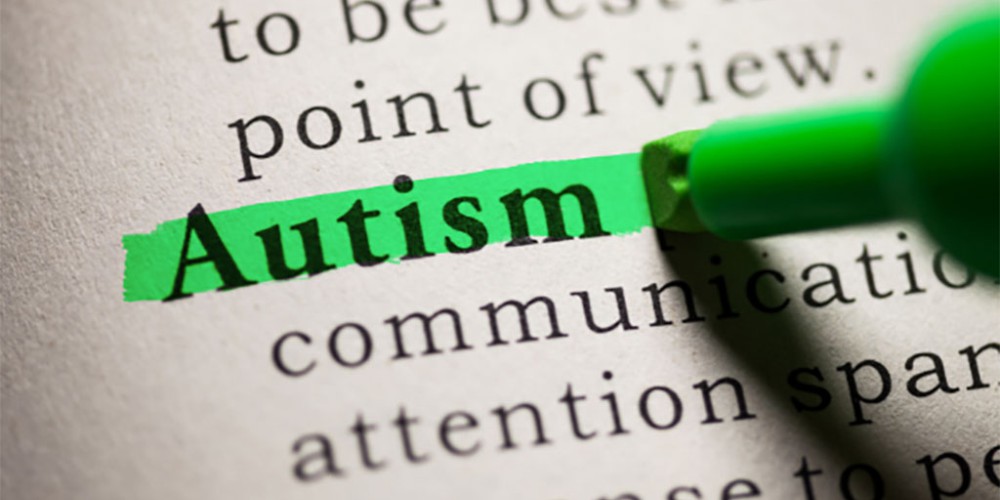Diagnoses of autism spectrum condition (ASC), over the course of several years, have been increasing in the UK. A 2021 study by Newcastle University in collaboration with the University of Cambridge’s Department of Psychiatry and Maastricht University, revealed a sharp rise in the prevalence of ASC among individuals aged 2-21 years old in the UK. Around one in 57 children in the UK has autism, facing various social challenges. The autism prevalence rate for adults is around 2%. According to the Office for National Statistics, people with autism have the lowest employment rate (21.7%) among adults with disabilities in the UK.
An ‘explosive’ increase in numbers
There has been a nearly eight-fold (787%) increase in the diagnoses of autism in the UK over the past two decades, according to findings published in the Journal of Child Psychology and Psychiatry. Researchers claim that this exponential rise is likely due to increased awareness and screening. They, however, added that the rise in numbers could also signal a higher prevalence of autism and neurodiversity among the UK population.
While the causes of ASC are still unknown with scientists divided over the issue, the ability of health professionals to recognise autism and neurodivergence has vastly improved in the last 20 years. Children are now regularly screened for autism and other forms of neurodivergence during their visits to paediatricians. A government policy was introduced in 2009 to build adult ASC assessment centres. These centres may have contributed to the increase in adult autism diagnoses.
Who decides on the diagnosis?
A team of professionals usually comprising a paediatrician, speech and language therapist, education psychologist, and an occupational therapist observes a child and asks questions to the family. The observation includes a child’s communication ability, social interaction, and play interaction at home and in school/nursery. The team agrees on the diagnosis after they reach a consensus from their observations. A formal assessment may be recommended to understand language, play, imagination, social interaction, behavioural, and sensory needs.
What diagnosis means
Autism is a lifelong condition. A formal diagnosis will help a child access the best support. The family will receive information on local services for a better understating of autism and neurodiversity. It will also help the child get additional support by requesting assessment under the Education, Health and Care Plan (EHCP).
Since Covid-19
Referrals, either through NHS or in private, are likely to have increased since the Covid-19 pandemic broke out. According to the State of the Nation report, mental health referrals, including neurodivergence and autism, reached pre-pandemic levels in June 2020 following a dip in April and May. NHS, meanwhile, highlighted that the pandemic led to an increase in mental health issues in the UK.
The reason behind the rise could be the growing contact between children and their parents and the challenging behaviours observed during the lockdown. Children’s behaviour, at the same time, may also have changed because of the increased stress resulting from the lockdown restrictions. Closure of schools and lack of social interaction could be a major reason. Young people on the spectrum are particularly vulnerable to psychological distress caused by the unpredictability arising out of Covid.

